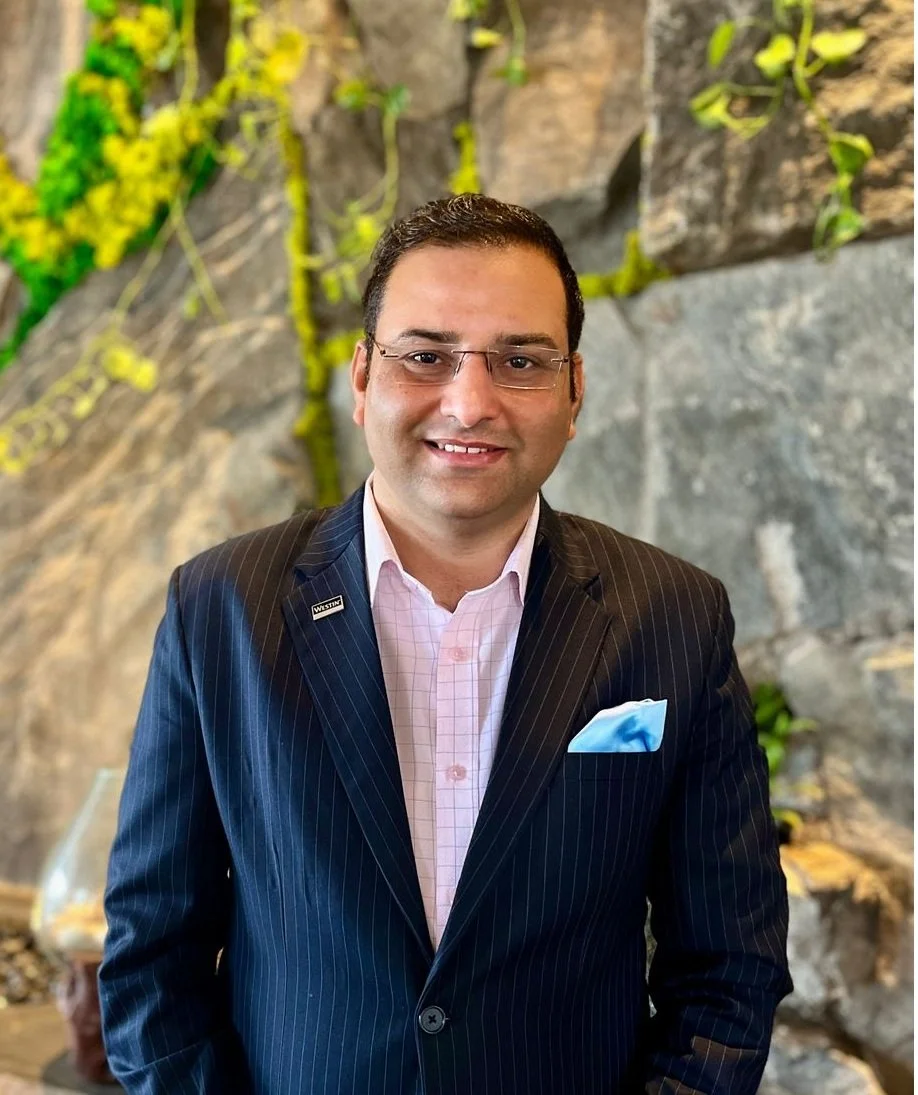The Human Touch in Food & Beverage Service Training by Kim Chau Huynh
/In the Food & Beverage (F&B) industry, exceptional service is just as important as the quality of the food. As the hospitality landscape continues to evolve, it's becoming increasingly clear that the human touch is what sets outstanding F&B establishments apart from the rest. Effective F&B service training must go beyond technical skills, incorporating mentorship, experiential learning, and soft skills development to create a truly memorable dining experience.
The Importance of Human Connection in F&B Service In today's digital age, guests are craving authentic, human connections more than ever. A warm smile, a genuine greeting, and attentive service can make all the difference in creating a loyal customer. F&B service training programs must prioritize the development of soft skills, such as empathy, active listening, and conflict resolution, to ensure that staff can provide exceptional, personalized service.
Mentorship in F&B Service Training
Mentorship plays a vital role in F&B service training, providing new staff members with guidance, support, and valuable insights from experienced colleagues. A mentorship program can help to:
1. Reduce training time: By pairing new staff with experienced mentors, training time can be significantly reduced, allowing new staff to become productive more quickly.
2. Improve knowledge retention: Mentorship programs can help new staff retain knowledge and skills more effectively, as they have a dedicated resource to answer questions and provide feedback.
3. Enhance soft skills development: Mentors can provide guidance on soft skills, such as communication, teamwork, and problem-solving, helping new staff to develop these essential skills.
Experiential Learning in F&B Service Training
Experiential learning is a powerful training methodology that involves hands-on experience and real-world application. In F&B service training, experiential learning can take many forms, including:
1. On-the-job training: New staff learn by doing, working alongside experienced colleagues to develop practical skills.
2. Role-playing exercises: Staff practice different service scenarios, developing their communication and problem-solving skills.
3. Service simulations: Staff participate in simulated service experiences, applying their knowledge and skills in a realistic, low-risk environment.
Soft Skills Development in F&B Service Training
Soft skills are essential for delivering exceptional F&B service. Some key soft skills to focus on in F&B service training include:
1. Communication: Clear, effective communication is critical in F&B service, ensuring that guests' needs are met and expectations are exceeded.
2. Empathy: F&B staff must be able to understand and respond to guests' emotions, providing a supportive and caring service experience.
3. Problem-solving: F&B staff must be able to think critically and creatively, resolving issues and complaints in a timely and effective manner.
4. Teamwork: F&B service is a team effort, requiring staff to work collaboratively and supportively to deliver exceptional service.
Implementing Human-Centric F&B Service Training
To implement human-centric F&B service training, consider the following strategies:
1. Incorporate mentorship programs: Pair new staff with experienced mentors to provide guidance, support, and valuable insights.
2. Use experiential learning methodologies: Incorporate on-the-job training, role-playing exercises, and service simulations to develop practical skills and soft skills.
3. Focus on soft skills development: Prioritize the development of essential soft skills, such as communication, empathy, problem-solving, and teamwork.
4. Emphasize the importance of human connection: Train staff to understand the value of authentic, human connections in creating a memorable dining experience.
Conclusion
The human touch is what sets outstanding F&B establishments apart from the rest. By incorporating mentorship, experiential learning, and soft skills development into F&B service training programs, hospitality organizations can create a truly memorable dining experience that keeps guests coming back. Remember, in the F&B industry, it's the humanconnection that makes all the difference.















